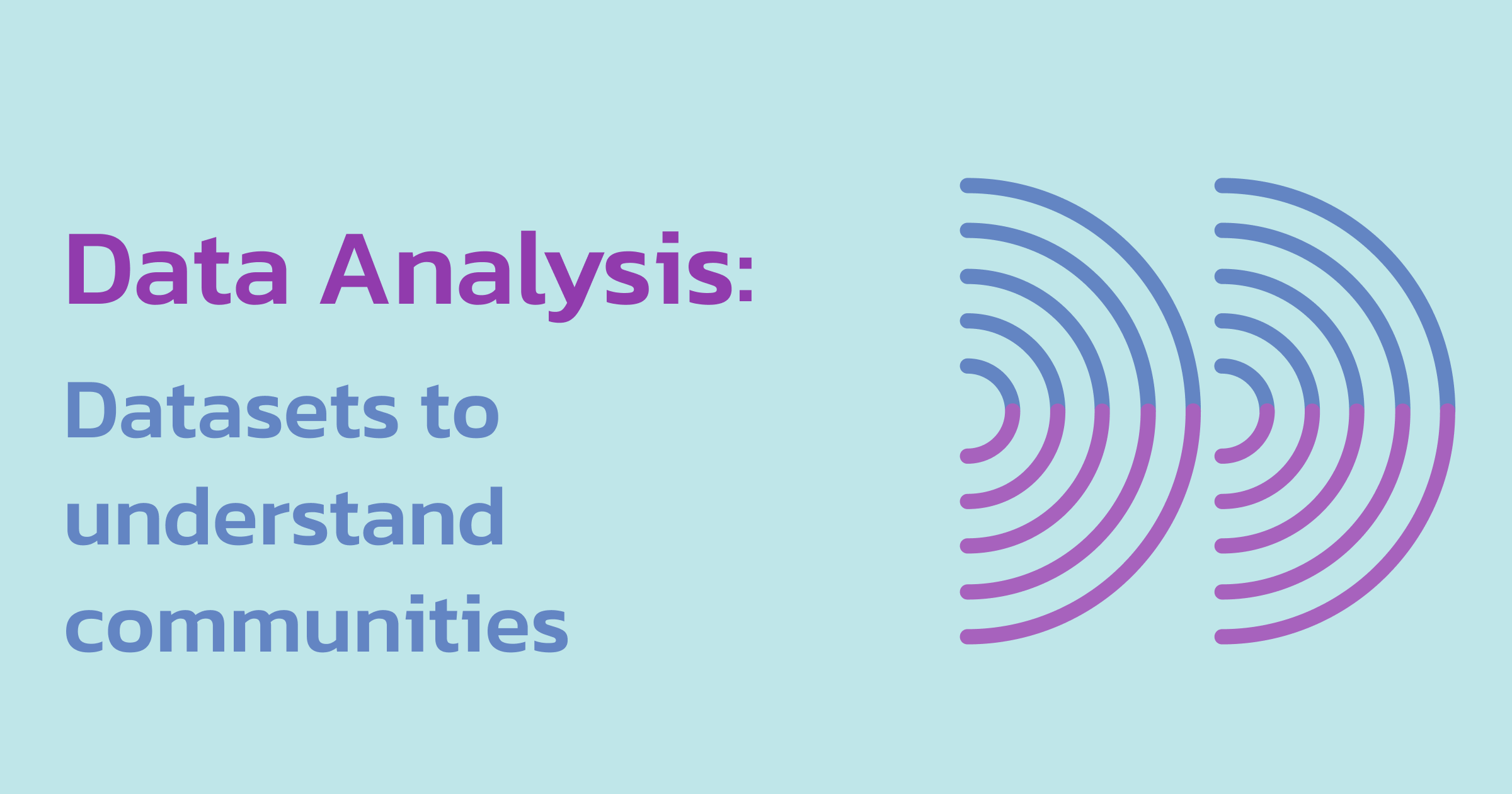
Aims:
Local Trust commissioned OCSI to update and revise the Typology for Big Local areas, which we originally developed in 2019.
This included:
- updating the existing indicators in the typology model
- broadening the scope of the typology to explore a wider range of indicators
- exploring a range of socio-cultural indicators developed as part of the left-behind areas project
The resulting typology provides a way of being able to group different Big Local areas in order to assess whether different types of areas are having different experiences.
Methodology:
We carried out cluster analysis to group Big Local Areas into Typology categories on the basis of a set of shared characteristics.
This involved:
- Identifying a set of relevant indicators to include in the cluster analysis
- Refining to provide a final list of statistically appropriate indicators to include in the analysis
- Running the cluster analysis, which runs the calculations to group the areas together
- Naming each of the groups based upon the dominant characteristics for each cluster.
We then loaded the information into our Local Insight platform to produce a summary of socio-economic characteristics for each group. From here we were able to explore variation within each typology category as well as identify particular challenges experienced by the groups.
Separately, we also analysed their internal performance data to determine whether there was any difference across different types of Big Local Area in terms of:
- How the Big Local programmes are being managed and implemented locally
- What level of support people have taken up
- The make-up of the local partnerships and how representative that was of the neighbourhood.
Outputs
As well as adding the Big Local Areas and cluster definitions to the clients’ Local Insight subscription, we provided:
- a methodology paper
- a series of Pen Portraits outlining the characteristics of the cluster groups
- divergence analysis (exploring the variation within cluster groups)
- an analysis paper looking at their internal data and analysis of change between different iterations of the typology.
The analysis led to the following typology categories:
- Industrial heartlands: Areas that have lost their primary markets, and are facing the challenge of finding new ones. This group includes a range of single industry areas, including mining and manufacturing areas
- Rural fringe: Predominantly rural areas, relatively sparsely populated or in smaller settlements with a stable population and challenges accessing services and amenities
- Peripheral estates: High levels of deprivation across all indicators, and a very high proportion of people living in social rented accommodation on the edge of towns
- Inner city diversity: Ethnically diverse neighbourhoods, in large cities, with a younger more transitory population, more highly skilled population than across other Big Local Areas, but experiencing challenges relating to housing stress and population density.
- High density living: Generally located in urban areas and sharing some of the characteristics of the Inner City diversity groups: very high density population, ethnic diversity, transitory population, social-rented households and homelessness
This work will be used to inform Local Trust’s evaluations of the Big Local programme, particularly as to whether there were any major variations in the programme’s outputs and outcomes for different Big Local areas.
Find out more about our research services.
Featured posts

Research Projects
Following the release of the second Everybody needs good neighbourhoods report, Stefan…
More

Data analysis
The Community Life Survey (CLS) is an annual survey commissioned by the…
More
